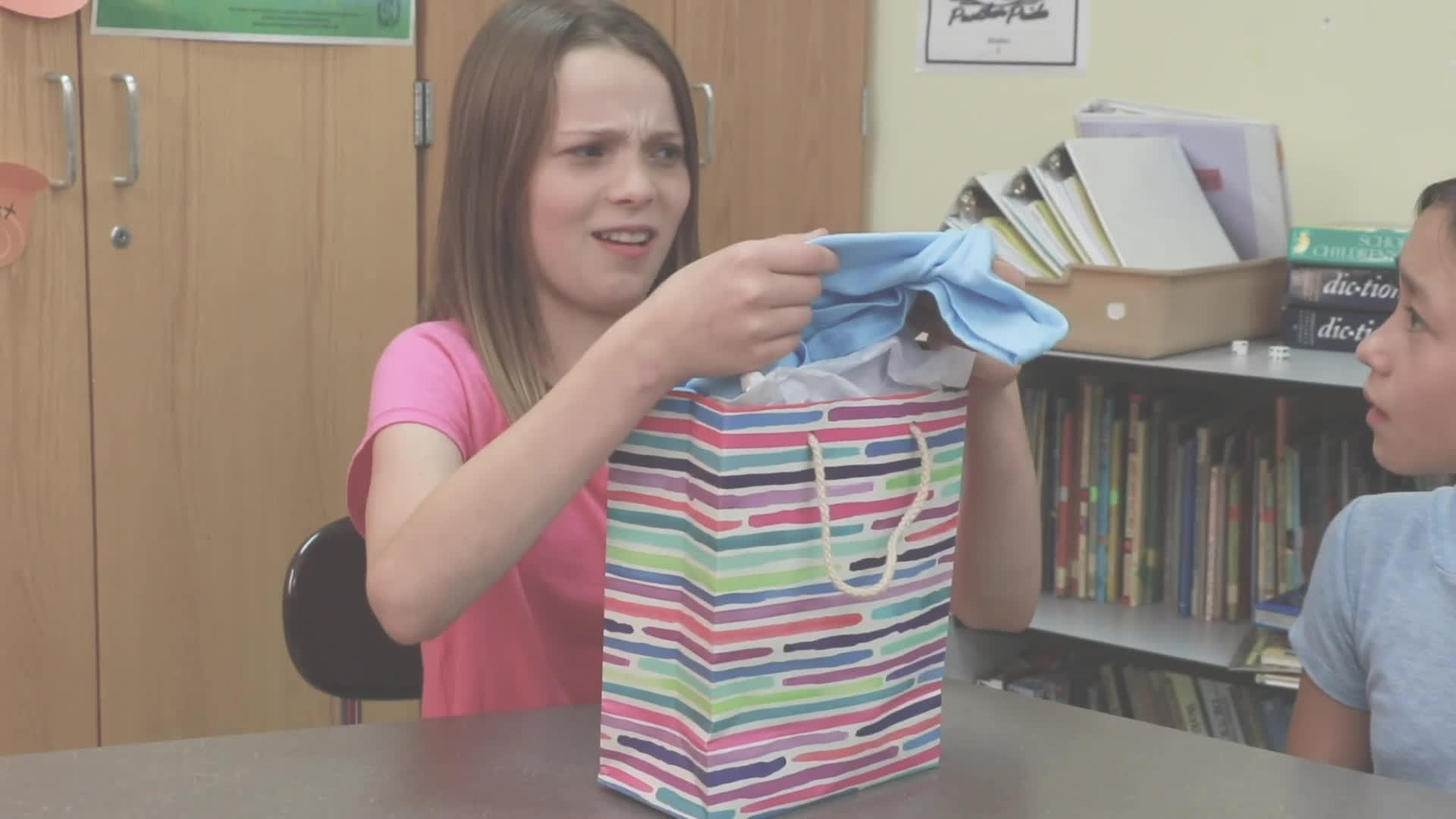
Introduction
As educators, we understand the importance of teaching students to be aware of their thoughts and how they impact others. This is especially true for students in special education who may need additional support in developing social-emotional skills. In this blog post, we will discuss an essential skill for fostering positive relationships: understanding when certain thoughts should be kept inside rather than expressed out loud. By learning to filter thoughts, students can prevent hurt feelings and maintain healthier relationships with their peers.
No-Prep Activity
Here’s an activity that requires no preparation or materials from the educator. Begin by asking students to sit in a circle. Explain to them that you will be playing a game called “Think It or Say It.” You will provide a statement or scenario, and they will have to decide if it’s something they should think or say out loud. After each scenario, ask the students to raise their hand if they believe it’s something that should be said out loud, or keep their hand down if it’s something they should just think. Discuss the reasons behind their choices, and emphasize the importance of considering others’ feelings before speaking.
Discussion Questions
- Why is it important to think before we speak, especially when it comes to sharing our thoughts about others?
- How can saying hurtful things out loud affect our relationships with others?
- Can you think of a time when you filtered your thoughts and chose not to say something that might hurt someone’s feelings? How did it make you feel?
- What are some strategies you can use to help you remember to filter your thoughts before speaking?
- How can we practice kindness and empathy in our daily interactions with others?
Related Skills
Teaching students to filter their thoughts is just one aspect of social-emotional learning. Here are some other related skills that can help students develop healthier relationships and emotional well-being:
- Empathy: Understanding and sharing the feelings of others.
- Active Listening: Paying full attention to what others are saying and responding thoughtfully.
- Assertiveness: Expressing oneself in a confident and respectful manner, while considering the feelings of others.
- Conflict Resolution: Resolving disagreements in a constructive way that promotes understanding and cooperation.
- Gratitude: Recognizing and appreciating the positive aspects of life and the kindness of others.
Next Steps
Now that you’ve learned about teaching students to filter their thoughts and have an activity to practice this skill, you might be interested in exploring more strategies and resources for social-emotional learning. We invite you to sign up for free samples of various skills and activities that can support your students in their social-emotional development. By incorporating these valuable lessons into your classroom, you can help your students build strong foundations for positive relationships and emotional well-being.

